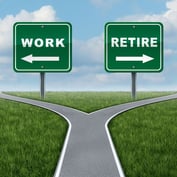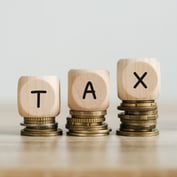
If you like tracking the election like I do, Gallup has a pretty cool and thorough page that will provide updated poll information.
Key Indicators
President Barack Obama’s job approval rating now stands at 47 percent. So what does that mean historically? According to Gallup, this number “falls in the middle of the ranges of prior presidents seeking re-election in May.” It’s higher than Jimmy Carter’s and George H.W. Bush’s approval ratings of “38 percent and 41 percent at this time in 1980 and 1992, respectively.” They both lost re-election bids. However, Obama is below the 50 percent approval ratings of Ronald Reagan and Bill Clinton. Interestingly enough, his numbers most closely resemble George W. Bush at this point in the election calendar.
Obama and Republican challenger Mitt Romney have been statistically tied among registered voters in Gallup’s 2012 trial-heat ballots for nearly a month now. This is an interesting number. According to Gallup, “in the last three elections in which a Democratic incumbent sought re-election (1996, 1980 and 1964), the Republican challenger did much better on the eve of the election among likely voters than among registered voters, suggesting Romney may have a structural advantage on that score if the race remains close among registered voters.” But again, this is not a scientific predictor by any means as “John Kerry led incumbent George W. Bush among registered voters in late May 2004 by two percentage points.” And we know how that turned out.








 June 30, 2012 at 08:00 PM
June 30, 2012 at 08:00 PM










